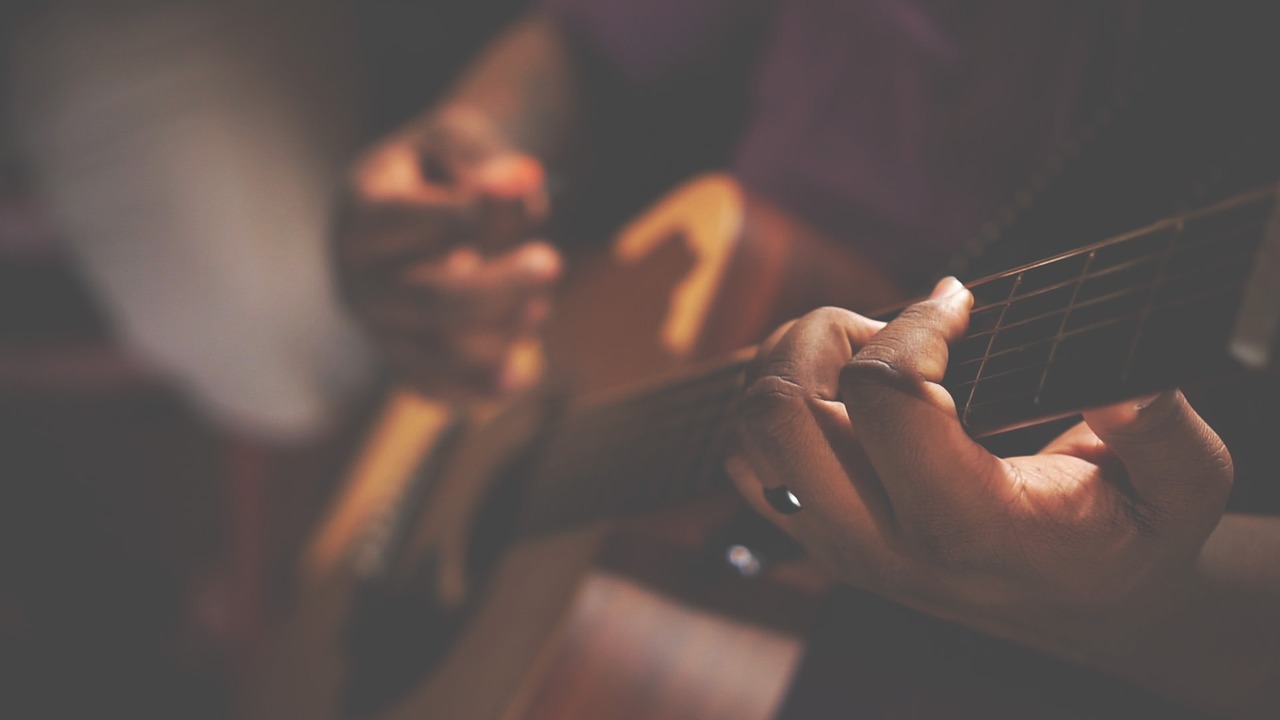
When Charles Colton coined the idiom “imitation is the sincerest of flattery” in 1820, he couldn’t have foreseen the effect those words have had on recent music copyright litigation.
He meant that you could flatter someone by imitating them, but you may not realize you are flattering. Or copying. That is the basis for a tsunami of infringement lawsuits that followed the ruling against Robin Thicke and Pharrell Williams for their 2014 song “Blurred Lines,” which the court said infringed on “Got to Give It Up,” Marvin Gaye’s 1977 hit.
But the court didn’t rule because “Blurred Lines” imitated Mr. Gaye’s words or melody. Instead, Mr. Thicke and Mr. Williams had to cough up $5 million because their song was too reminiscent of the “vibe” Mr. Gaye had created.
“Blurred Lines” set a precedent because it propelled the court to expand what copyright infringement means in the music industry. Before the 2015 ruling, only lyrics and melodies were protected under copyright law. For example, the Chiffons’ 1976 lawsuit against George Harrison was successful because his song “My Sweet Lord” overwhelmingly imitated their composition of “He’s So Fine.”
Now, more abstract concepts are being protected, such as the general ‘feel’ of a song. This is problematic, according to forensic musicologist Sandy Wilbur, who testified as an expert witness in the “Blurred Lines” trial. “Cases are decided by juries, the average listener, who is not an educated musicologist or musician,” she said. Wilbur added that music company requests for her to evaluate new songs before they are released have tripled since the ruling.
A 2019 jury continued to blur the lines by finding pop star Katy Perry copied the beat for “Dark Horse” from an obscure song by a Christian rapper known as Flame. She was ordered to pay millions. Ms. Perry’s lawyer, Christine Lepera, said in closing arguments, “They’re trying to own basic building blocks of music, the alphabet of music that should be available to everyone.” Lepera also suggested that infringement lawsuits target megahits because plaintiffs see the opportunity to tap into huge sums of money.
On March 11, the Ninth Circuit Court of Appeals agreed with Ms. Lepera and overturned Ms. Perry’s jury trial verdict for $2.8 million. At issue were the repeating instrumental figures, or ostinatos, between “Dark Horse” and Flame’s “Joyful Noise.” The court concluded that the ostinatos were comprised of commonplace elements and not an original combination unique to “Joyful Flame,” which supports Ms. Lepera’s claim about music’s building blocks.
Despite winning her appeal, Ms. Perry was subjected to extended litigation and attorney’s fees, not to mention a drain on her time and emotions. Many record labels now budget for musicologists to vet new releases. Still, litigation has become so threatening that many songwriters and recording artists who cannot afford musicologists rely on pricey Errors-and-Omissions (E&O) insurance policies to allay their fears.
Musicians and songwriters who lose copyright lawsuits are covered in some cases for several million dollars in losses under E&O policies. Alliant Insurance Services Vice President Joe Charles estimates that about half of his A-list clients who already pay for tour and other industry insurance are interested in E&O insurance. Coverage runs from $20,000 to $250,000 a year, depending on earlier legal challenges and audience draw.
The copyright litigation risk has also increased because inexpensive music production software is readily available and offers the same features to all musicians. Producer and songwriter Ross Golan, who has worked with pop stars Justin Bieber and Ariana Grande, explained, “People are using the same sample packs, the same plug-ins because it’s efficient.” He echoed what Ms. Lepera said in Katy Perry’s closing arguments. There are only a finite number of notes, chord progressions, and melodies to which all musicians must avail themselves.
The 2014 lawsuit filed against Led Zeppelin, claiming Robert Plant’s and Jimmy Page’s classic “Stairway to Heaven” violated copyright laws because of its similarity in part to the psychedelic band Spirit’s song “Taurus,” was recently decided by the 9th Circuit Court of Appeals in San Francisco. The court sided with Led Zeppelin and also overturned the inverse ratio rule, a controversial precedent the court had used in earlier copyright cases. The inverse ratio rule in the past could be invoked if a plaintiff could prove the infringing party had broad access to the work in dispute. If broad access is determined, the courts accepted a lower standard of proof to determine if the newer song infringed on the older one.
Spirit’s appeal to the U.S. Supreme Court was turned down, leaving the final ruling with the 9th Circuit. From the beginning, the case centered on exactly how registration documents protect old songs under the Copyright Act of 1909 and whether copyright extends to common chord progressions or short sequences of notes.
A jury ruled against Spirit in 2016, but the case resurfaced in 2018 when a three-judge panel from the 9th Circuit ruled for a new trial, opining that trial Judge Gary Klausner incorrectly instructed the jury by not mentioning the inverse ratio rule. Led Zeppelin appealed and asked for a larger panel of judges to rehear the case. That request was granted, and an 11-judge panel heard the appeal in September 2019, issuing a ruling in favor of Led Zeppelin in 2020.
Music industry and legal scholars hope, with the Led Zeppelin decision, more clarity will be applied to music copyright lawsuits, which most agree should be determined by concrete instead of elusive elements. Judge Margaret McKeown recognized the legal quagmire that past decisions have caused. “The trial and appeal process has been a long climb up the Stairway to Heaven,” she wrote in the 73-page court’s decision.
Any musician who has concerns about a potential violations in their work should reach out to the experienced music copyright lawyers from Lomnitzer Law as soon as possible.